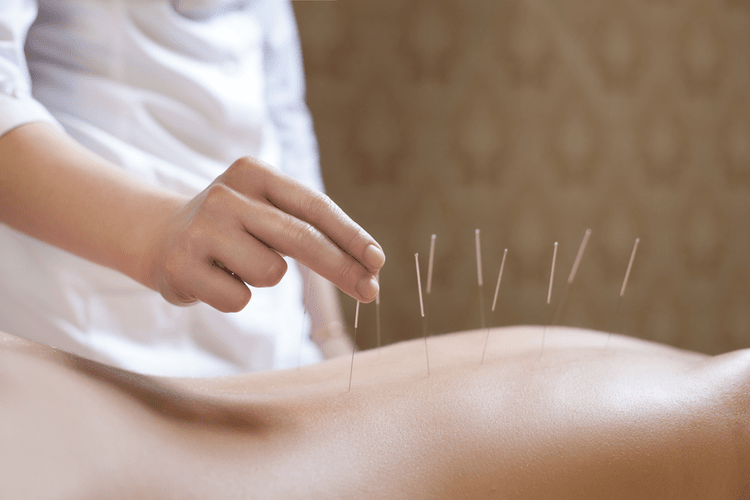Your Guide to the Stages of Alcohol Recovery
Once detox is complete, people can begin work on the psychological, social and behavioral problems that accompany an alcohol addiction. Many types of addiction treatment programs are available, including long-term residential treatment, short-term residential treatment, outpatient treatment programs, individualized counseling, group therapy https://makirinka.net/reasons-you-require-hair-cleanser-for-a-follicle-drug-test.html and 12-step programs. Addiction treatment in Texas refers to the assorted programs and services designed to help people overcome drug and alcohol addiction in Texas. These drug rehab centers focus on helping people achieve long term sobriety and improve overall mental health. A rehab in Orange County CA typically offers an addiction treatment center and a detox facility.

Unique Approaches to Alcohol Addiction Treatment
Each patient receives a customized treatment plan, often starting https://thespice.net/rest-in-anapa.html at a detox facility, to support their recovery journey. The Mental Health Services Administration provides resources for drug abuse, including individual and group counseling at various facilities. Alcohol addiction is a prevalent issue that affects millions of individuals and their families worldwide.
- It can cause changes to the brain and neurochemistry, so a person with an alcohol addiction may not be able to control their actions.
- Thousands of providers nationwide offer evidence-based treatment for alcohol use disorder.
- Quitting alcohol won’t just protect your physical health—it can also improve your mental well-being.
- Once you have interviewed the providers you found, how do you choose?
- This evaluation is not a substitute for advice from a medical doctor.
- Luxury rehab centers in Texas offer a top quality approach to drug or alcohol addiction treatment.
What are the Causes of Alcohol Addiction?
For the sake of this assessment, patients may also undergo blood tests and screening for the presence of any co-occurring mental or physical health issues. Someone with an alcohol addiction who has remained sober for months or years may find themselves drinking again. They may binge drink once or drink for a period of time before getting sober again. It’s important that the person get back on track and resume treatment. For many, the action stage is both physically and mentally taxing — and individuals at this stage face a risk of alcohol relapse. The action stage typically lasts from three to six months and sometimes as long as 18 months, but it does not mark the end of the recovery process.
Frequently Asked Questions About Alcohol Addiction Treatment
- As one drinks more over time, these disturbances get worse and become more difficult to reverse.
- If your provider suspects that you have a problem with alcohol, you may be referred to a mental health provider.
- It’s important to note that the duration of alcoholism treatment is highly individualized and may vary based on factors such as treatment progress, relapse risk, ongoing support needs, and personal preferences.
- Following the initial treatment phase, alcoholics are encouraged to continue their participation in therapy and support groups.
Just like any other medical condition, people with substance use disorders deserve to have a range of treatment options available to them. Scientists are working to develop a larger menu of pharmaceutical treatments that could be tailored to individual needs. Couples and family counseling incorporates spouses and other family members in the treatment process and can play an important role in repairing and improving family relationships. Studies show that strong family support through family therapy increases the chances of maintaining abstinence (not drinking) compared with people going to individual counseling. If you have any of these symptoms, alcohol may already be a cause for concern.
AUD is characterized by an impaired ability to stop or control alcohol use despite adverse social, occupational, or health consequences. Health care providers diagnose AUD when a person has two or more of the symptoms listed below. AUD can be mild (the presence of two to three symptoms), moderate (the presence of four to five symptoms), or severe (the presence of six or more symptoms). Here’s some information to help you get ready for your appointment, and what to expect from your health care provider or mental health provider. If your pattern of drinking results in repeated significant distress and problems functioning in your daily life, you likely have alcohol use disorder. However, even a mild disorder can escalate and lead to serious problems, so early treatment is important.

- Decades of research have led to advances in medications and behavioral therapies to help people recover.
- Contact your primary care provider, health insurance plan, local health department, or employee assistance program for information about specialty treatment.
- Because dry drunks have a high risk of relapse, they are not in the termination phase.
- Many alcohol rehab centers also offer variousaftercare optionsand recommendations to help clients maintain their sobriety.
Riverwalk Ranch in Mansfield is a luxury alcohol and drug addiction treatment facility. They offer accredited substance abuse treatment services ranging from medical detox to intensive outpatient programs. They accept self pay options and most commercial insurance plans such as Blue Cross Blue Shield.

This guide is written for individuals, and their family and friends, who are looking for options to address alcohol problems. More resources for a variety of healthcare professionals can be found in http://samarahunter.ru/forums/showthread.php?t=3134 the Additional Links for Patient Care. Given the diverse biological processes that contribute to AUD, new medications are needed to provide a broader spectrum of treatment options. 12-step facilitation therapy is an engagement strategy used in counseling sessions to increase an individual’s active involvement in 12-step-based mutual-support groups. Recovery from AUD is marked by stages of abstinence, withdrawal, repair, and growth.
